
Germany has a way of charming and confusing Americans all at once. Some traditions spark instant admiration—think festive markets and efficient trains. Others? Not so much. Between culture shock and cultural appreciation, visitors leave with strong opinions and even stronger stories. Let’s kick things off with the ones that make Americans say, “Why don’t we do this at home?”
Oktoberfest Celebrations Are Loved For Their Festive Spirit
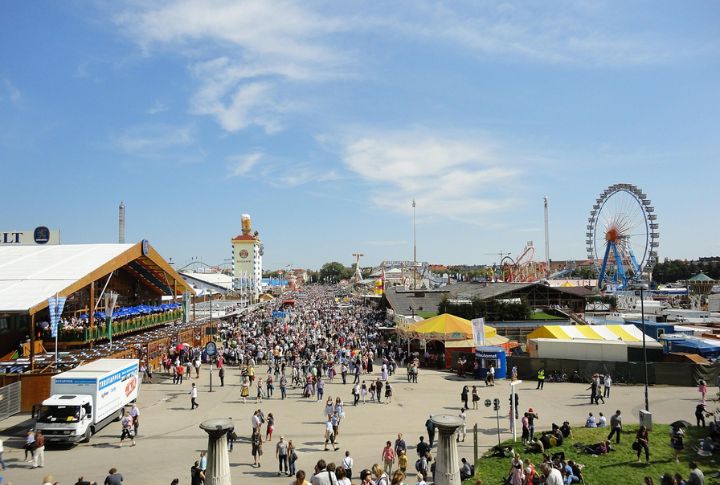
Every year, more than 6 million people flock to Munich to celebrate Oktoberfest, where lederhosen and dirndls create a festive atmosphere. Americans love the lively beer halls and giant pretzels that bring everyone together. Interestingly, Oktoberfest began as a royal wedding celebration back in 1810.
German Christmas Markets Are A Holiday Dream
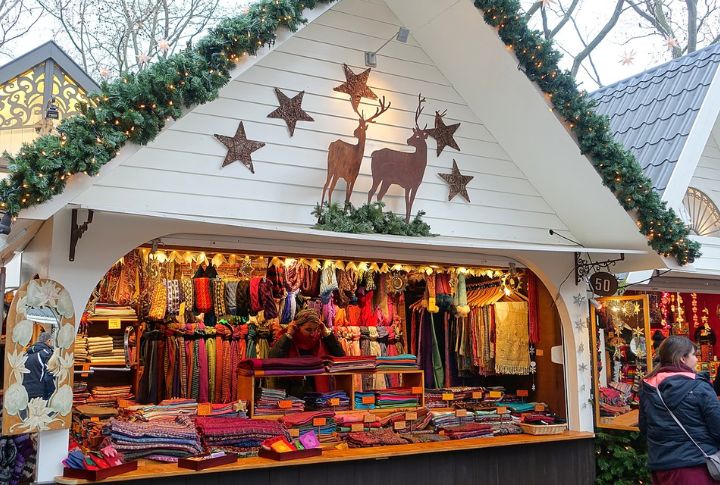
Across Germany, over 2,500 Christmas markets light up the holiday season with Gluhwein and handmade crafts drawing crowds. The tradition dates back to 1434, making it one of the oldest holiday customs. The charm is so strong that many U.S. cities now recreate these markets.
Americans Can’t Stop Raving About The Trains
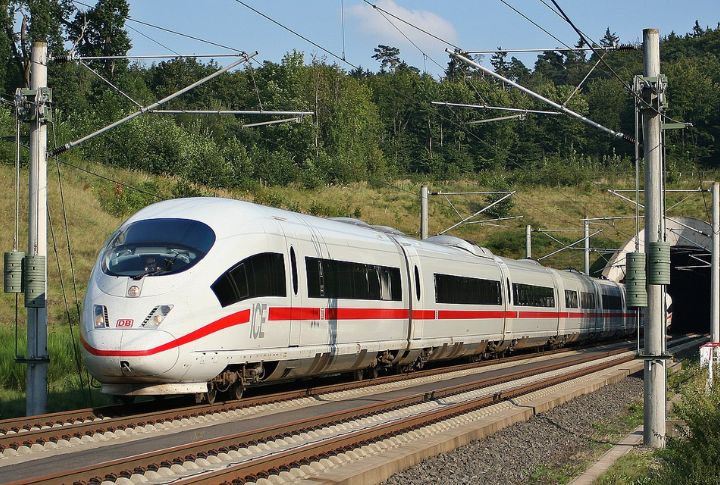
The German rail network earns high marks from American travelers who admire its speed, accuracy, and ease of use. It consistently ranks among the best in the world. Many even return home hoping for similar reliability. Some trains reach speeds over 186 miles per hour without sacrificing comfort.
Emphasis On Recycling Feels Refreshingly Responsible
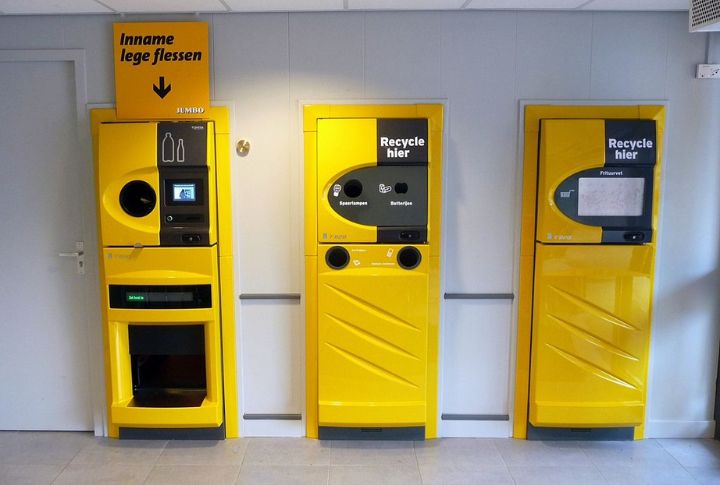
Recycling holds serious weight in German daily life, with one of the highest rates in the world supported by the “Pfand” bottle deposit system that rewards reuse. Many visitors from the U..S find the eco-conscious habits impressive. Some homes also sort waste into six separate bins.
Sunday Quiet Laws Are Surprisingly Respected
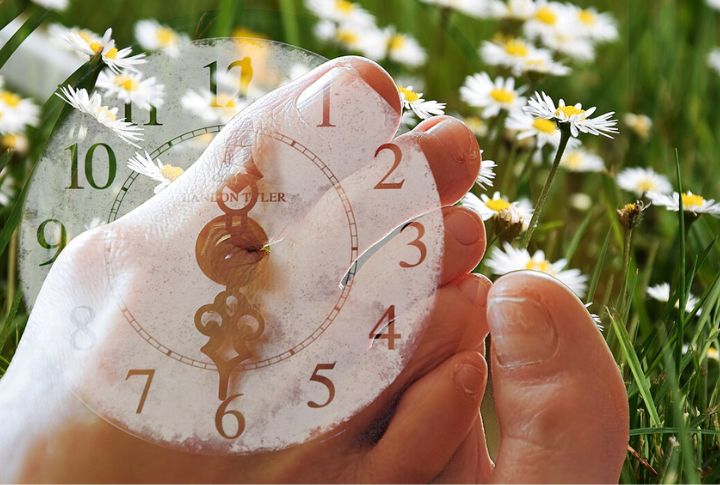
Sundays in Germany bring a peaceful calm as laws forbid noisy activities in residential areas. Vacuuming and mowing are even discouraged to preserve quiet. Americans often welcome this built-in day of rest known as “Ruhezeit”, which varies by region but always promotes relaxation.But not every German tradition goes down as smoothly as a stein of beer. Some customs leave Americans puzzled, frustrated, or just plain uncomfortable once the novelty wears off.
Cold And Reserved Social Behavior Feels Unwelcoming

Germans place a high value on privacy and direct communication, which can come off as distant to outsiders. Smiles for strangers are rare, and small talk doesn’t happen often. Instead of a wave or grin, expect a firm handshake—that’s the standard way to greet someone here.
Cash-Only Culture Frustrates Modern Expectations
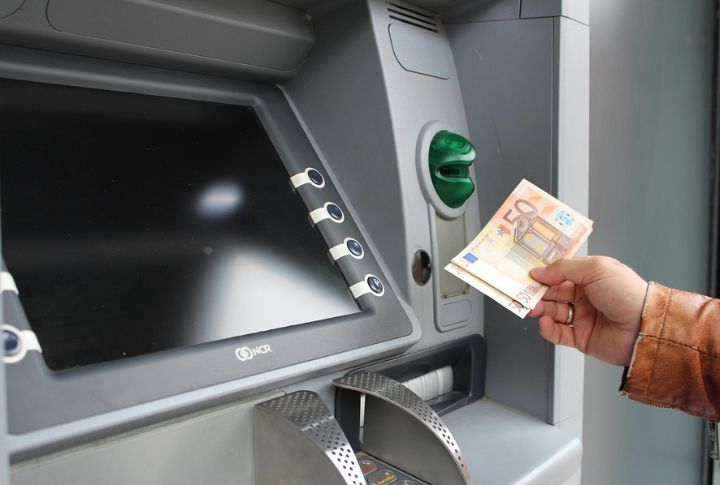
Despite modern tech, plenty of German shops and restaurants still don’t take cards. Even in major cities, cash remains king, and ATMs stay busy. Germany ranks among Europe’s top countries for cash transactions, which can catch the US cardholders by surprise.
Obsession With Rules Can Feel Overbearing

Strict rule-following shapes everyday life in Germany, where even jaywalking draws frowns. The German term for bureaucracy is “Behordenwahnsinn”, which translates to “madness of authorities”, and some feel that fits perfectly. Government paperwork also tends to be slow and highly detailed.
Strict Store Hours Are Hard To Adjust To
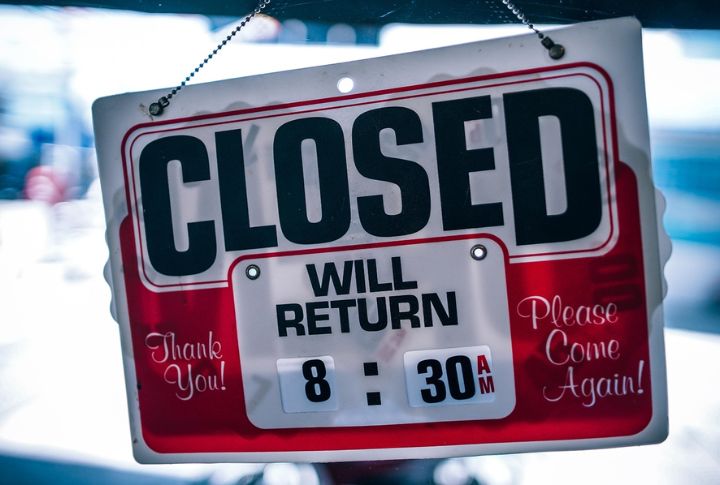
Most German stores shut their doors by 8 p.m., and Sundays are a no-go for shopping altogether, which clashes with America’s 24-hour convenience culture. Forget last-minute errands after dinner or grabbing something on a quiet weekend, as the closures are protected under a law called “Ladenschlussgesetz”.
No Air Conditioning In Summer Is Tough To Tolerate

Germany rarely uses air conditioning in homes or hotels, with most relying on fans or cracked windows during summer. Locals consider AC unnecessary and wasteful. Even though German summers tend to be milder than many US regions, heat waves are rising and can leave some guests sweating it out.

